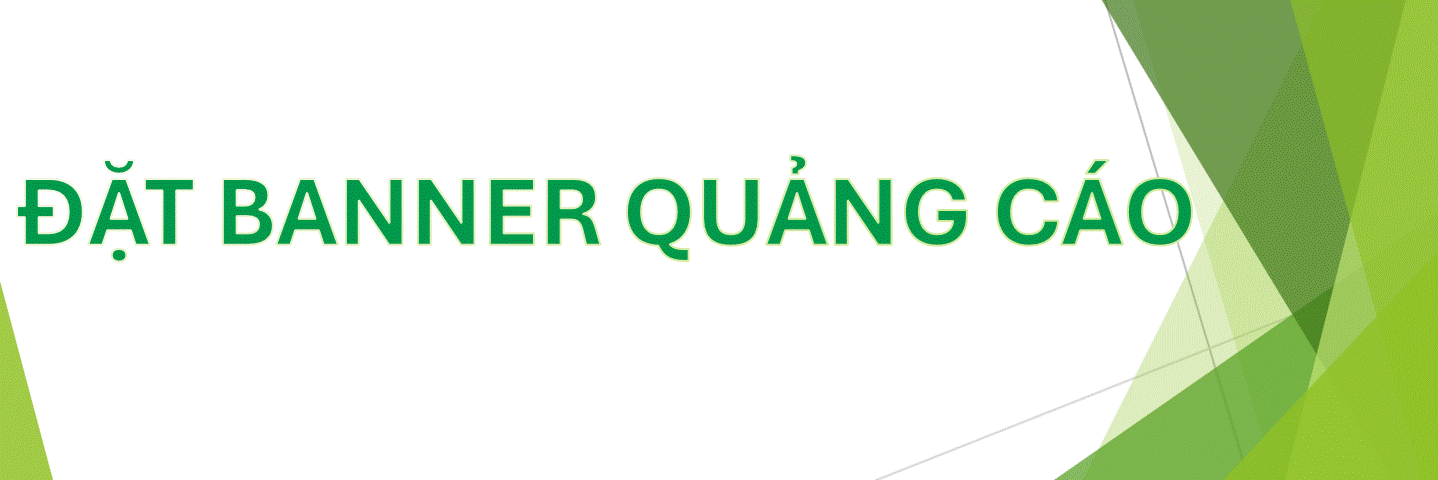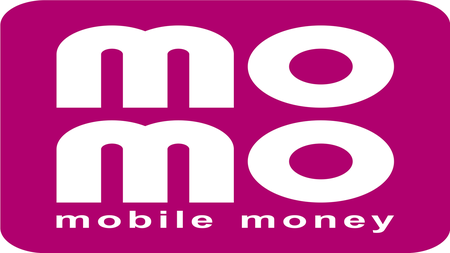2009 Danh sách dụng cụ có sẵn để cho thuê
Tới sự chú ý của khách hàng/người thuê
Chúng tôi có thể cung cấp các dụng cụ cho thuê tài chính ngân hàng dưới đây đến tất cả bên thuê, họ có thể làm các thủ tục cho thuê của chúng tôi và kết thúc việc giao dịch cho thuê
ĐỂ TIẾP TỤC BÊN THUÊ PHẢI CẤP KÈM THEO MẪU ĐƠN ĐĂNG KÝ CHO THUÊ
TRONG MẪU ĐĂNG KÝ BÊN THUÊ PHẢI KÈM THÊM NGÂN HÀNG PHÁT HÀNH, TIỀN TỆ, SỐ TIỀN, MÃ ISIN VÀ LỆ PHÍ GIÁ HÀNG NĂM TƯƠNG ỨNG TỪ DANH SÁCH DƯỚI ĐÂY MÀ ÔNG/BÀ MUỐN THUÊ, ĐIỀU NÀY LÀ ĐỂ CHÚNG TÔI CÓ THỂ CHẶN VĂN KIỆN HỢP ĐỒNG THUÊ TRÊN SỰ ĐẠI DIỆN CỦA NGƯỜI NHẬN THUÊ.
Sau khi phê chuẩn chúng tôi sẽ gửi cho khách hàng/bên thuê hợp đồng thỏa thuận cho thuê, sau khi đã ký kết thỏa thuận này và trả chi phí chúng tôi sẽ cung cấp những điều sau đây
- hóa đơn công ty với tất cả chi tiết của giấy tờ ngân hàng cho thuê
- Bản sao của đổng euro rõ ràng/ hoặc dòng rõ ràng
- Giữ an toàn biên nhận của thị trường chứng khoán, nơi hối phiếu được định giá
- Trái phiếu ủy nhiệm nếu yêu cầu
- Chứng từ chuyển nhượng công ty
- Bản cáo bạch của chương trình phát hành từ ngân hàng phát hành
Sau khi xác minh và chứng thực bên thuê phải chuyển Swift điều kiện hoặc thư điều kiện tín dụng, kểt hợp với tổng giá ngân hàng bên thuê Sau đó Swift sẽ nhanh chóng chuyển tiếp bản cáo bạch, vào tài khoản ngân hàng bên thuê
List instrustment for available for leasing
To attention of all clients/lessee’s
We can provide the below mentioned leasing bank instruments to all lessee’s. who can follow our leasing procedures and close a leasing transaction
In order to proceed, the lessee must issue attached leasing application form
In the application form the lessee must insert the issuing bank, currency, amount, isin code and annual price fees corresponding to the instrument from the below list he/she wishes to lease, this is in order for us to block the lease instrument on lessee’s behalf
After approval the client/lessee will receive from us a leasing agrement contract, after signing this agreement and paying the fee’s we will provide the following
- corporate invoice with all detail of the leasing bank instrument
- copy of euro clear and/or clears tream
- safekeeping receipt of the stock exchange market where the instrument is quoted
- bond power if requested
- corporate deed of assignment
- prospectus of the issuing program coming from the issuing bank
after verifiation and authentication the lessee must transmit by conditional switt or conditional letter of credit, the price amount to the lesser banking coordinates. The instrument will then be forwarded by swift, to the lessee’s bank acount
keep in mind, this offer is on a first come first served basis
Please, correct for me
Thanks













 ?
?

 "Sic" xong còn hì hì nữa! Ghét...
"Sic" xong còn hì hì nữa! Ghét...